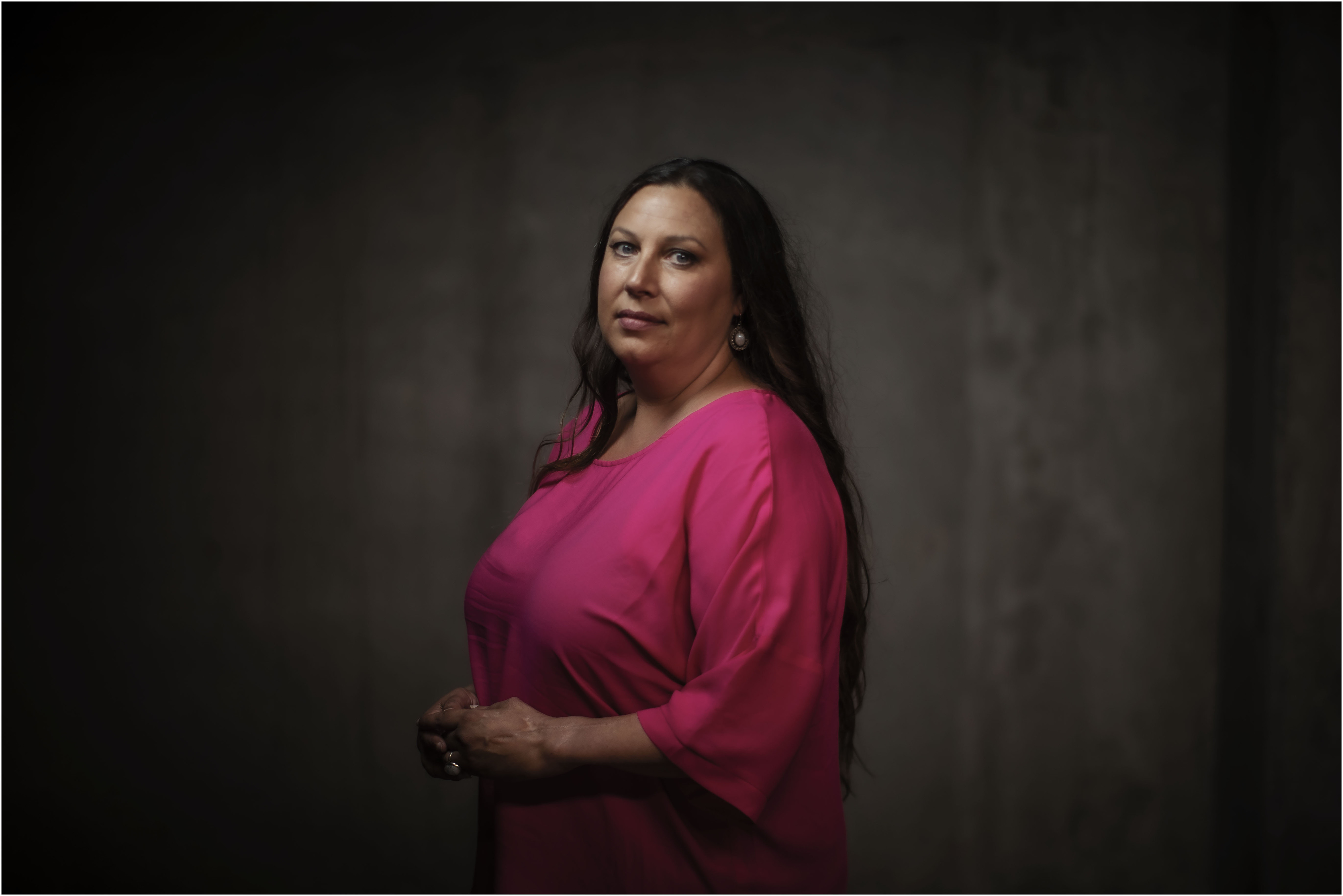Understanding violence in rainbow relationships
Many rainbow relationships are sources of acceptance, joy and safety – which is important because Takatāpui and rainbow people are not always accepted for who they are.
However, violence and abuse can occur within any relationship. And while Takatāpui and rainbow people might experience the same kinds of violence in their relationships, you may also experience specific abuse relating to your identity or sexual preference.
You could experience this from:
- romantic or sexual partners (including ex-partners)
- your family of origin (those you grew up with)
- your chosen family (those you might have chosen as your family)
- those you live with.
It’s important to be able to able to identify if something isn’t right within your relationships and know where to seek support. Any kind of behaviour that makes you feel unsafe or hurts you is not ok.
Harmful ideas about rainbow relationships
Sometimes harmful ideas about rainbow relationships can make it harder to talk about abuse, and harder to seek help.
Some examples are when people say that:
- women can’t abuse women, or men can’t abuse men
- jealousy and stopping you spending time with people you care about means they “really love you”
- their trauma is an excuse for abuse in a relationship
- you can't safely, consensually, and ethically have multiple partners
- violence in a relationship happened because of someone being Takatāpui or rainbow.
Remember, these beliefs are not true. No violence is acceptable in rainbow relationships. You deserve to feel safe around the people you are close to.
Reach out to someone you trust
If you decide to seek help, reach out to someone you can trust to support you.
You can ask a trusted person for help with specific things like:
- using their phone or computer to look for more resources or people to call
- calling ahead, to see if the support organisation near you will provide services for you
- keeping a spare set of car keys, spare phone, extra money, copies of important documents, medication and an overnight bag at their place for you so you can get away quickly
- coming with you to visit a support organisation.
Support services
If you decide to approach a support service, it is important that you find the right service for you.
If you’re concerned about whether a family violence service can help you, have a look at these questions from Hohou Te Rongo Kahukura. You or your supporter can ask them when contacting any service.
Support is available to Takatāpui and Rainbow people through:
OutLine
You can call OutLine on 0800 688 5463 / 0800 OUTLINE to find out about your local rainbow support organisations. These organisations may be able to help you find safe specialists within family violence organisations. Often, they will have already asked these questions of the service, and they may also be able to ring ahead for you.
Police Diversity Liaison Officers (DLOs)
DLOs provide liaison between the Police and Takatāpui and rainbow people. You can contact the Police Diversity Liaison Officers via email to ask them what you can expect from the Police response.
Contact family violence professions
Contact us through the chat window or call 0800 456 450 to speak with a trained professional about family violence.
Always remember, if it’s an emergency, to call 111.
You can contact support services directly and anonymously. You can call a service in your own area or in another area if you are worried about your community knowing.
To find a list of resources for rainbow relationships, you can visit the Rainbow Violence Prevention Network’s resource list.
Partner violence for different Takatāpui and Rainbow communities
A Hohou Te Rongo Kahukura resource.
Power and Control Wheel for Rainbow Relationships
Learn about the forms of controlling behaviours in rainbow relationships.
He Āwhina Mōu? Need Help?
You deserve the right help. Find information about seeking help after family, partner or sexual violence.








